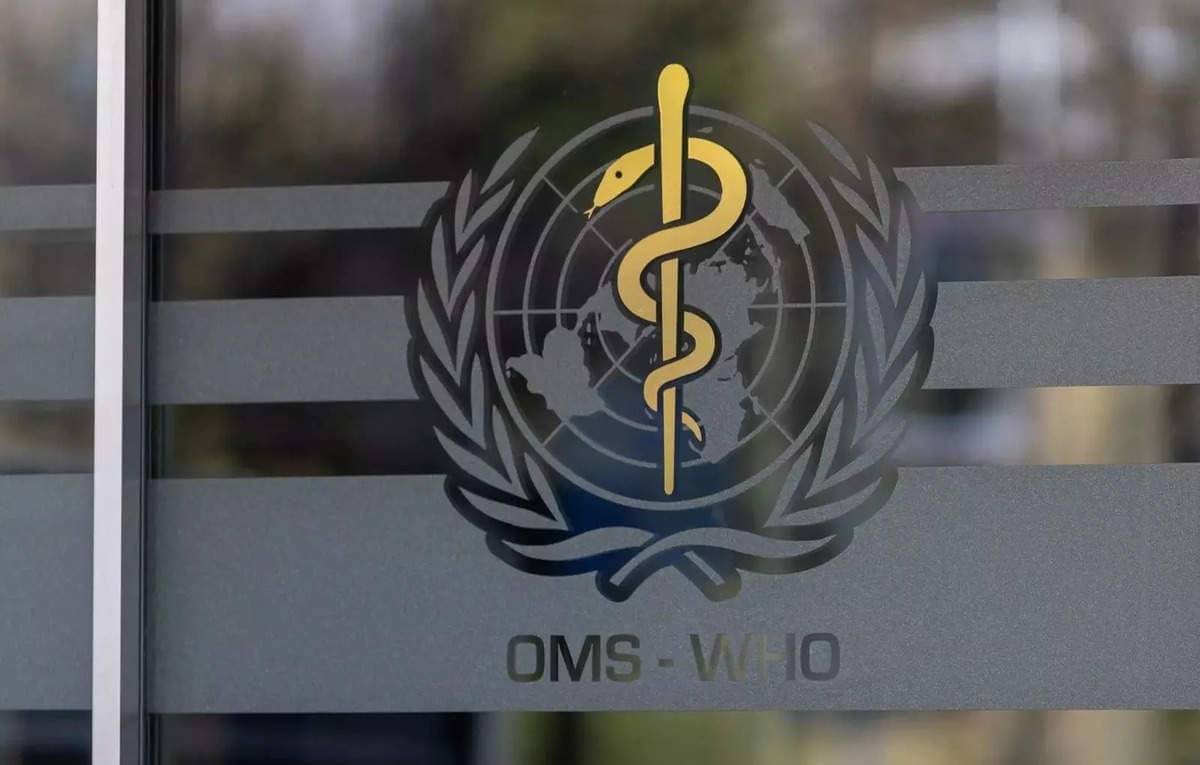The World Health Organization (WHO) has identified encephalitis as a pressing public health issue. This announcement comes amidst rising cases and under-reporting in India. Experts advocate for a national strategy to effectively address the disease.
About Encephalitis
Recent Outbreaks in India
India recently faced a severe outbreak of Chandipura virus (CHPV), with 245 cases of Acute Encephalitis Syndrome (AES) reported in 2024. Most affected were children under 15 years old, with symptoms including fever and convulsions. The outbreak brought into light the vulnerability of children and the urgent need for effective response strategies.
Challenges in Reporting and Diagnosis
Experts stress the lack of a unified reporting system as a major barrier to addressing encephalitis. Current data collection is sporadic, often only capturing cases during outbreaks. The absence of routine surveillance leads to under-reporting. Additionally, rapid diagnostic tools are scarce in rural areas, complicating timely diagnosis.
Need for Training and Awareness
Training frontline health workers is crucial for early detection of encephalitis symptoms. Recognising signs such as sensitivity to light, persistent headaches, and behavioural changes can facilitate quicker responses. Public education on prevention measures is also essential.
Prevention Strategies
Prevention of encephalitis requires a proactive approach. Currently, India lacks a dedicated programme for encephalitis, unlike tuberculosis. While there are vaccination initiatives for JEV, other forms of encephalitis require more awareness and preventive measures. Mosquito control, proper waste management, and public education on avoiding water stagnation during monsoons are vital.
Call for a Dedicated Programme
Experts advocate for a separate encephalitis prevention and control programme. Such a programme would improve vaccination coverage, streamline diagnosis, and enhance surveillance. This could reduce the disease burden and improve public health outcomes.

Leave a Reply